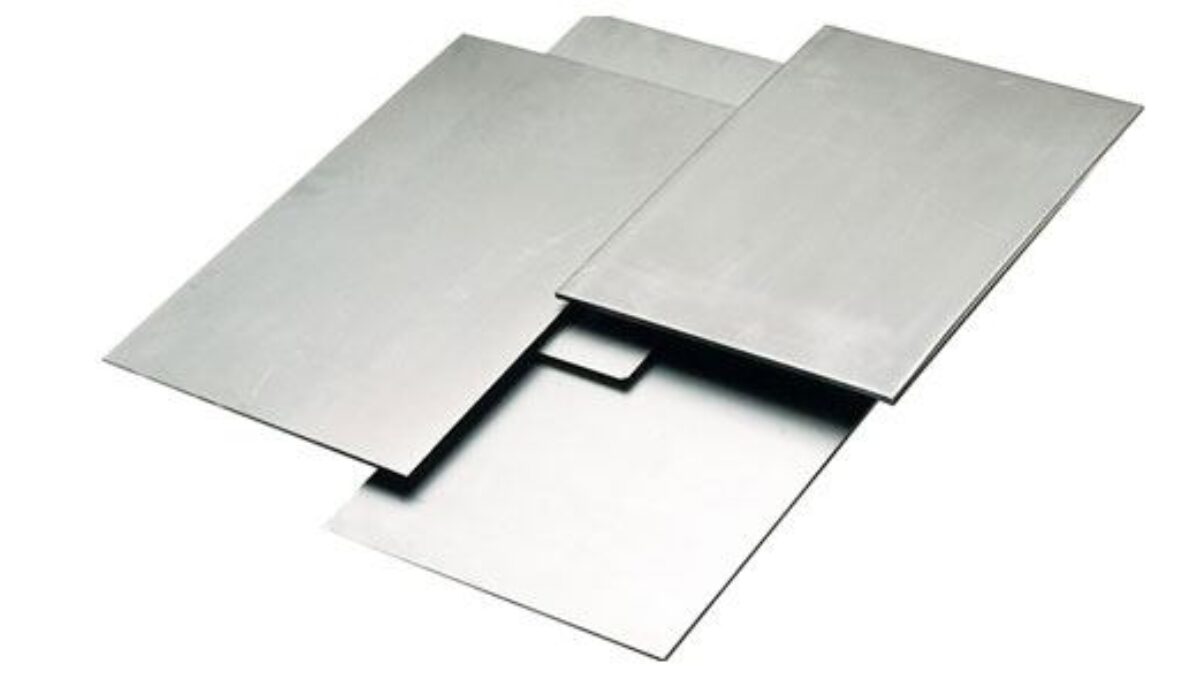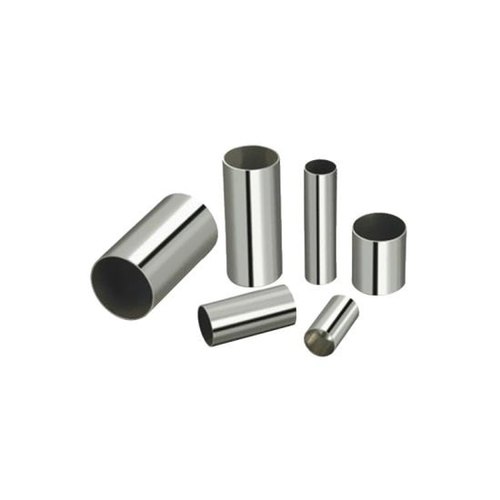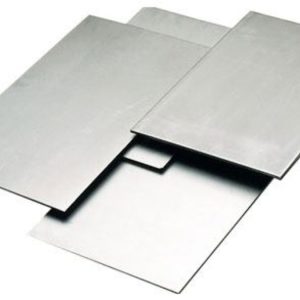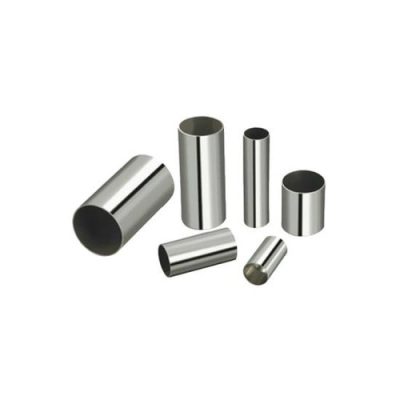Description
Nickel 200/201 / UNS N02200 / W.Nr. 2.4060/2.4066 & 2.4061/2.4068
Description
Nickel 200 and Nickel 201 are solid solution strengthened, commercially pure wrought alloys. The elemental restrictions of both alloys are combined into one, dual-certified chemistry, resulting in a single alloy with the desired characteristics of both alloys. When operating temperatures are expected to exceed 600°F, carbon content becomes critical. The lower carbon content of Nickel 201 makes the material resistant to graphitization and therefore less subject to embrittlement. Pressure vessels and components can be constructed from Nickel 201 according to the ASME Boiler and Pressure Vessel Code, Section VIII, Division 1 for use up to 1250°F.
Industries and Applications
Nickel 200/201 is used heavily in the chemical and electronics industries. It is also used in the aerospace, petrochemical, power generation and marine/offshore engineering industries. Typical applications where Nickel 200/201 is used include electronic and electroplating components, caustic evaporators, food processing equipment, caustic handling and storage equipment, synthetic fiber production, salt production and other processes where sodium hydroxide and fluorine are used.
Resistance to Corrosion
Nickel 200/201 offers excellent corrosion resistance in reducing and neutral media as well as in oxidizing atmospheres, provided the oxidizing media allows the formation of a passive oxide film. This oxide film accounts for the alloy’s excellent resistance to corrosion in caustic environments. Nickel 200/201 is often used in environments containing alkalies, and it has varying use in sulfuric, hydrochloric, anhydrous hydrofluoric and non-aerated organic acids. Nickel 200/201 is resistant to stress corrosion cracking in chloride salts and toattack from non-oxidizing halides. Concentration and temperature can affect this alloys resistance in certain environments.
Fabrication and Heat Treatment
All hot working and cold working practices can be utilized when shaping Nickel 200/201. Hot working temperatures should be between 1200°F and 2250°F with heavy forming to be performed at temperatures above 1600°F. Annealing should be performed at a temperature between 1300°F and 1600°F. Care should be taken when choosing the anneal temperature as time-at-temperature for this can greatly influence the mechanical properties and structure of the material.
Common Trade Names
Nickel 200, Nickel 201





Reviews
There are no reviews yet.